

Two days before our visit to the canton of Santa Cruz, President Luis Guillermo Solis inaugurated a multi-use space in La Garita de Santa Cecilia. He also delivered a kiosk in the canton’s central park. But no one talks to us about that. Some weren’t even aware, and those who were aware were not impressed.
That’s the air that people are breathing in the tenth canton of the province, but only in political matters, because in others it still feels like a happy town, living on pause.
Numbers from the Supreme Elections Court (TSE) indicate that:
“Here, you don’t see candidates doing much.” The phrase from one of the waitresses at Las Brisas de Orosi restaurant in Santa Cecilia, La Cruz, just 20 kilometers from Peñas Blancas, the border with Nicaragua. Here, it’s easier to tune into Nicaragua radio station than a local one.
La Cruz was the canton in Guanacaste with the lowest election turnout. Almost five of every 10 registered voters (48.42%) didn’t vote.
What’s more, three of the four districts in the canton (Santa Cecilia, Santa Elena and the central canton La Cruz) registered the greatest electoral apathy in the province. In a district like Santa Elena, for example, 53 percent of registered voters abstained from going to the voting booth.
What made this happen? Why distance yourself from a process that, in theory, should move masses?
First, you have to understand that it’s a phenomenon that has been weaving itself for years. It’s not the first time that the canton holds this title. In the 2014 elections, for example, around 43 percent of the canton abstained.
For officer Moya of the Santa Cecilia national police, this distancing from politics has to do with the lack of public works that incumbent governments develop. On the day of the election, she says she saw four or five people coming out of the voting booth, and then another five would show up. There were no masses.
“Look at this highway, the Santa Cecilia – Birmania one, which is about 19 kilometers, has appeared as paved on the map for about 22 years, but they have never done anything. How do you understand that?” the officer asks.
Her colleague, officer Díaz, says it best. “You know what happens? People are removed. Politics, in reality, has people disgusted.”
For him, corruption in political parties in recent times takes its toll on current candidates. It’s demotivating.
For the waitress that attended to us in the restaurant, as well as for the officers, it doesn’t matter which political party is elected. People prefer to “continue on with their things.”
In Santa Cecilia and Santa Elena “continue on with your things” means working the land. The main economic activity is agriculture and the majority of their residents sew beans, corn, yucca, ginger, tiquisque, ñame.
Distant Voting Booths
If you add the long distances from communities to voting centers to the lack of faith and discontent in the population with political parties, the abstention puzzle appears to come together.
Eda Chaves, better known as Lolita, says she is 73 years old and that she has lived her whole live in La Cruz. And it’s not difficult to believe here. Our conversation with her had to be paused so she could say hello to a number of passersby.
The voting center closest to her is three kilometers away, even though she lives in the center of the canton. They take her to vote.
“People from the red and blue party come pick me up because they know that I belong to their party. The pick me up and drop me off. I don’t think they do it for everyone” says Lolita, who calls herself a Catholic, a Saprissa fan and follower of former President Calderon.
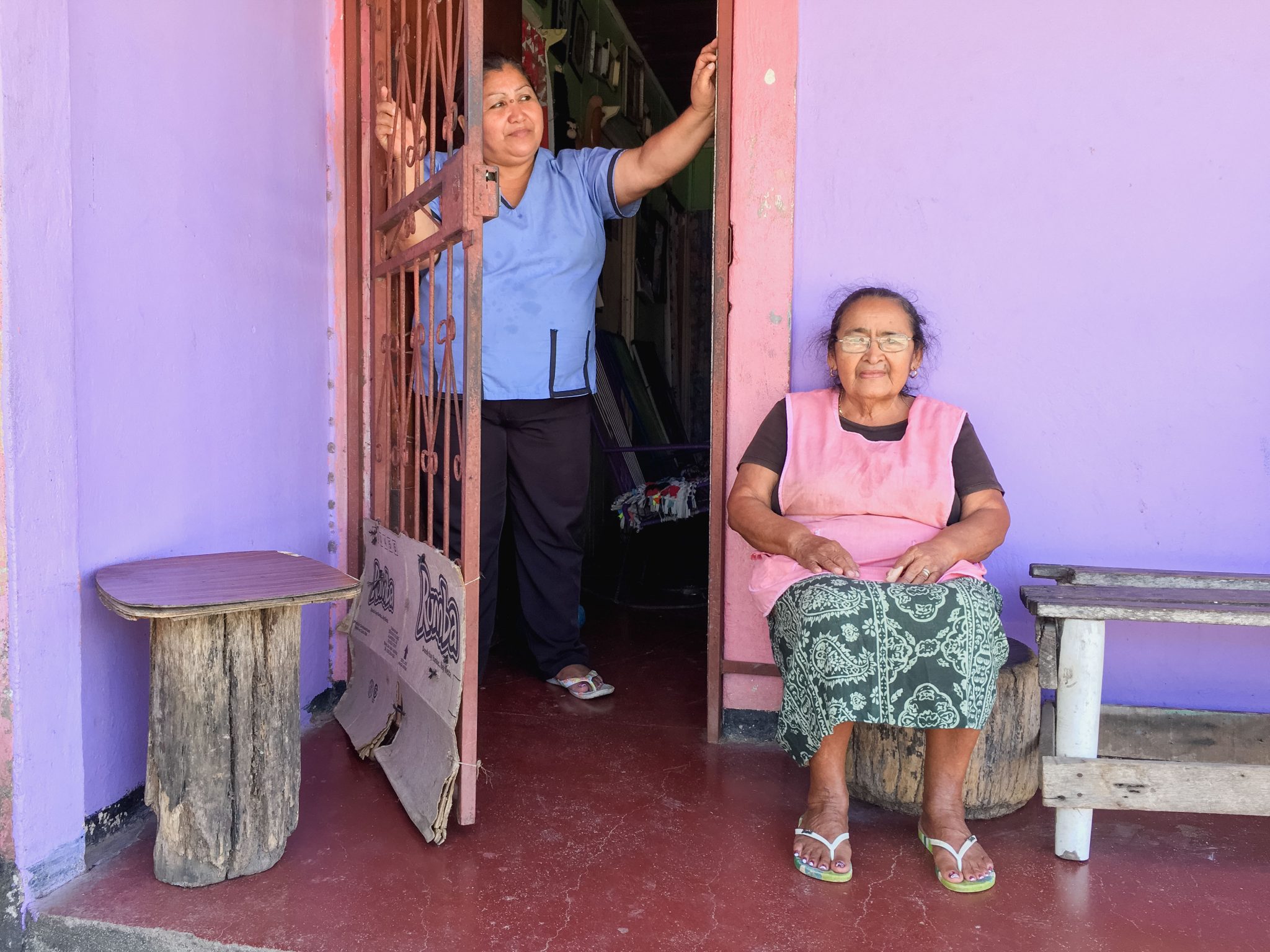
He and his colleague, officer Moya, didn’t vote. One would have had to go to Upala and the other to Nicoya.
“I don’t change my address because I live in Nicoya, but I work in Nicoya for a time and another in Santa Cecilia, so I can’t change it because I never know when I’m going to be in one place or another,” the officer says. “And you know what? They tell you that they’ll take you to vote, but in the end they stand you up.”
Triumphant Restauration
While voter turnout in La Cruz was minimal, the ones who did show up at the voting booth came, in large part, to cast their vote for candidate Fabricio Alvarado of the National Restauration Party (PRN).
In La Cruz, roughly 33 percent of the electorate decided to support the evangelical candidate, followed by the PLN (24.5 percent) and Miss Lolita’s party, PUSC (16.6 percent).
For city hall’s cultural manager, Gustavo Zeledón, the result was expected. The structure of Christian churches in the canton stands out.
“There is a discontent for traditional parties because they are the ones that have always won, and the catholic church has lost ground,” Zeledón tells us. “Look, there in Santa Cecilia there was a catholic church that we wanted to save, but we couldn’t. The community only had like three catholic people.
Father Pedro Uribe, who leads the catholic church in Santa Cruz, confirms the city official’s assessment. According to him, more than 90 percent of the population of Santa Cruz are believers. Of that, he figures that 70 percent profess to be catholic. But, “they aren’t devout catholics,” he says.
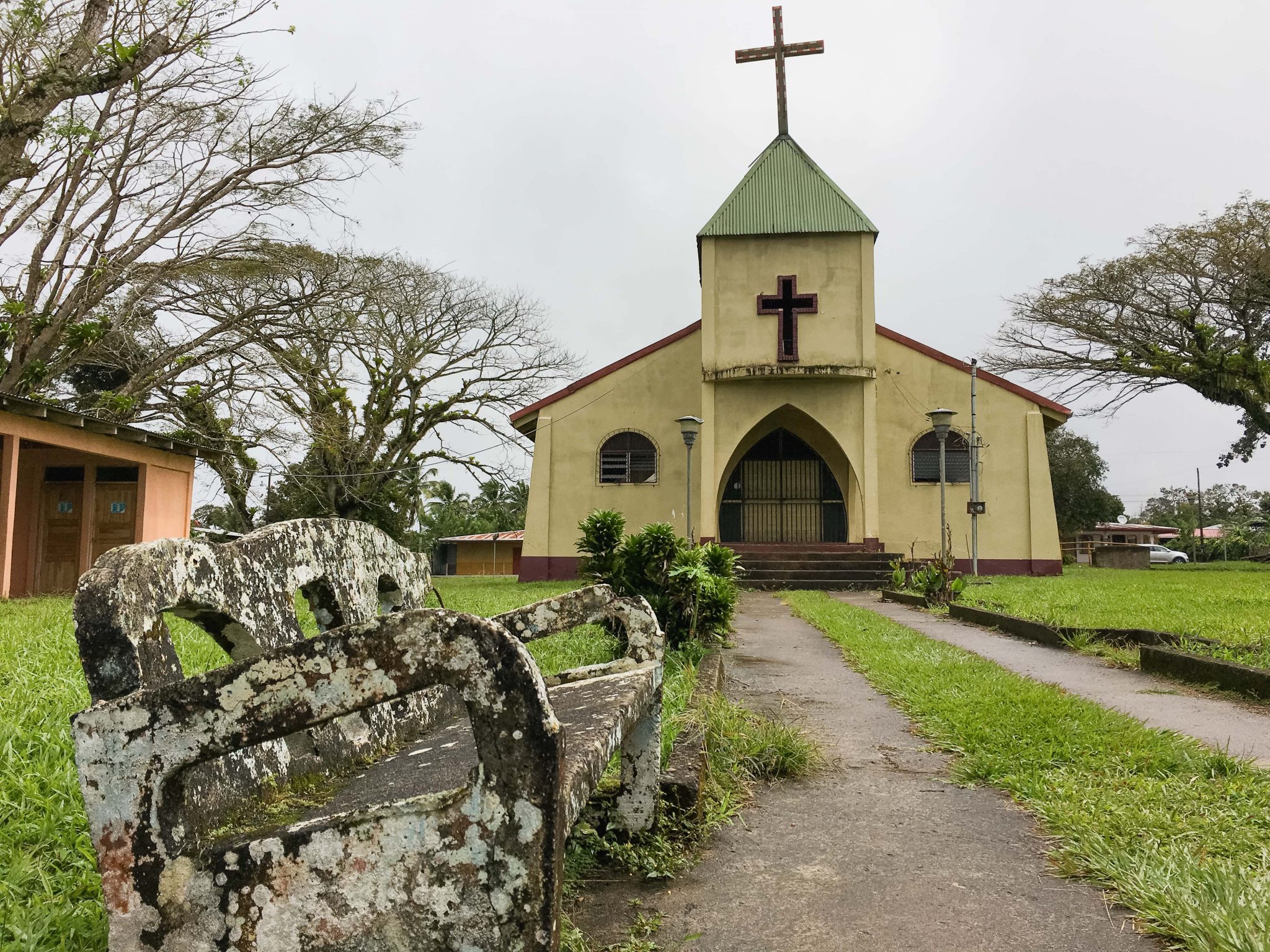
“Those who want to take part in Sunday mass, I don’t think it’s even 15 percent. They are catholics, but very loose catholics,” the priest says. According to his data, there are 21 different catholic sects in the canton.
He says that by orders of monsignor Vittorino Girardi they are making efforts to boost catholic presence in the communities of La Cruz that have been “neglected.”
But that La Cruz has elected a new party doesn’t seem to be a political awakening nor a sign of greater trust in government.
“I am going to vote for the one who is going to win (Fabricio Alvarado). My family is large and voted for him,” a convenience store worker in Santa Elena tells us. “I know that he may do things for us, and he may not. We have to wait and see because they become presidents and they forget.”


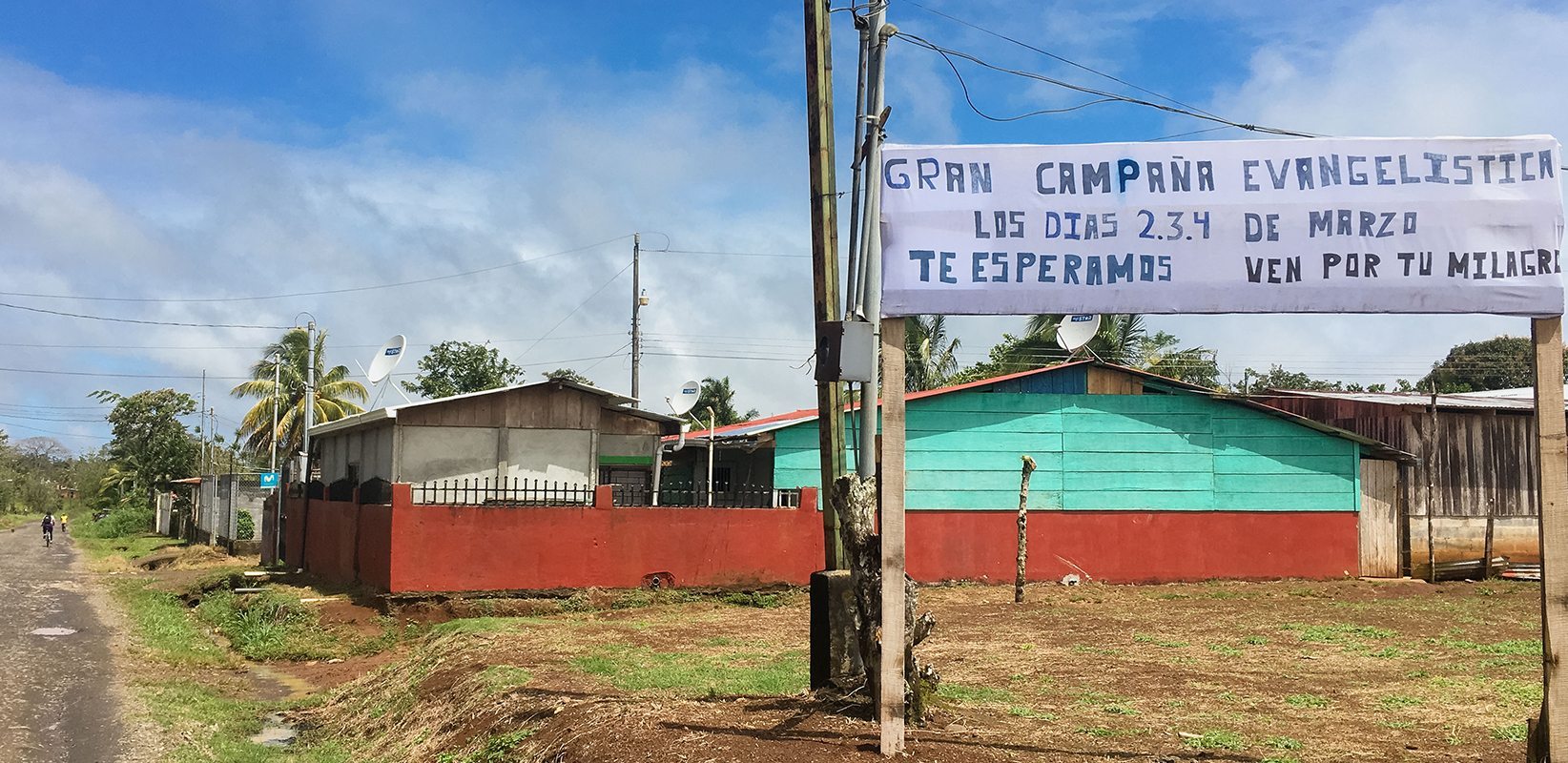

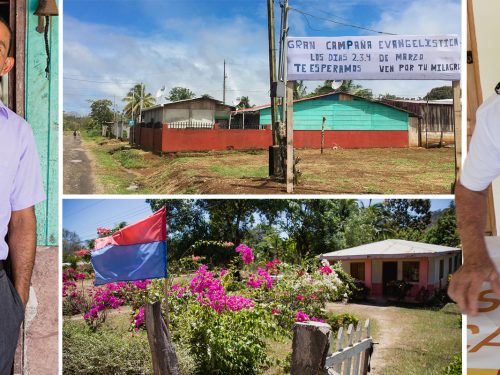
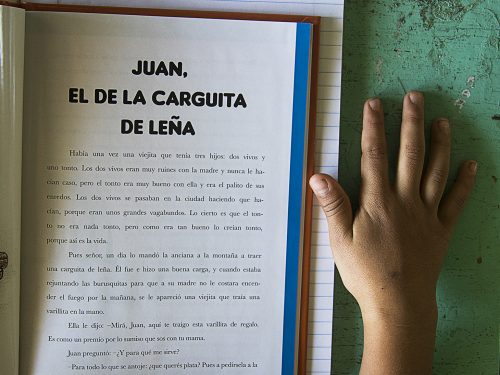

Comments